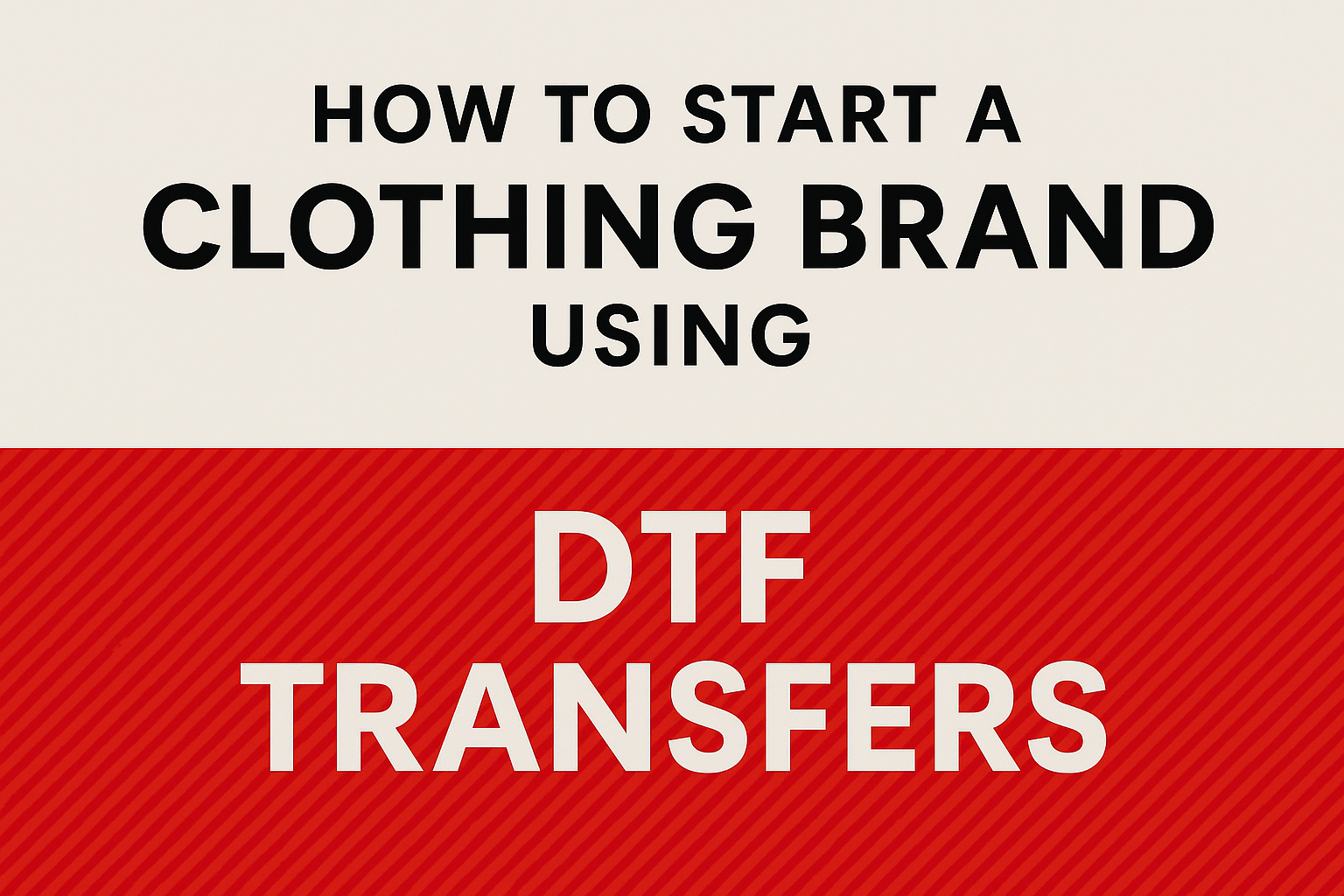Introduction – The Printing Showdown
When it comes to creating custom apparel, two printing methods dominate the market — DTF (Direct to Film) printing and screen printing. Both can produce great results, but they differ in process, cost, and flexibility. If you’re starting a clothing brand, running a merch store, or printing for events, knowing which is best for your business is essential.
In this guide, we’ll break down each method’s strengths and weaknesses, helping you choose the right path for your budget, style, and growth goals.
What is DTF Printing?
Direct to Film printing is a modern technology where designs are printed onto a special PET film using CMYK + white ink, then transferred to fabric using a heat press.
Key Benefits:
-
Works on cotton, polyester, blends, and more
-
Full-color, photo-quality designs at no extra cost
-
No minimum order requirements
-
Can store transfers for later use
Best for:
Small businesses, startups, on-demand printing, multi-color designs, and complex graphics.
📌 Learn more about our Gang Sheet Builder Software for maximizing cost efficiency.
What is Screen Printing?
Screen printing is a traditional method where ink is pushed through a mesh screen directly onto the garment. Each color in the design requires a separate screen and printing pass.
Key Benefits:
-
Highly durable prints
-
Cost-effective for large batches of single-color designs
-
Widely used for sports uniforms, promotional shirts, and bulk orders
Best for:
High-volume orders with simple designs and minimal colors.
DTF Printing – Pros and Cons
Pros:
✅ Prints on a wide range of fabrics
✅ Full-color designs without setup costs
✅ Great for small batches or one-off prints
✅ Easy reorders using stored digital files
Cons:
❌ Not as fast as screen printing for huge runs
❌ Requires a heat press for application
Screen Printing – Pros and Cons
Pros:
✅ Extremely durable for long-term wear
✅ Very cost-effective for large bulk orders
✅ Works well for bold, simple designs
Cons:
❌ Each color requires a new screen (increasing setup cost)
❌ Not ideal for small runs due to high setup fees
❌ Limited detail compared to DTF
Cost Comparison – Which Saves More?
-
Small Orders: DTF printing wins due to no setup fees and flexibility.
-
Large Bulk Orders: Screen printing can be more affordable if you’re ordering hundreds of shirts in the same design.
For example:
-
50 shirts, multi-color design: DTF is more affordable.
-
500 shirts, 1–2 colors: Screen printing is cheaper.
Durability – Which Lasts Longer?
Both methods are durable, but DTF transfers have improved significantly, with stretchable, washable finishes that can last as long as screen prints when pressed correctly.
Follow our Pressing Instructions to maximize DTF durability.
Design Flexibility
If your designs have gradients, small details, or photographic images, DTF printing is the clear winner. Screen printing is better for bold, flat-color designs like logos and text.
Turnaround Time
-
DTF: Fast production for small and medium orders (24–48 hours possible with our Louisiana-based printing).
-
Screen Printing: Slower for multi-color jobs due to screen preparation.
Eco-Friendly Factors
DTF printing produces less ink waste and doesn’t require harsh cleaning chemicals like screen printing, making it a cleaner choice for smaller runs.
Which Should You Choose?
✅ Choose DTF Printing if:
-
You want to start a small clothing brand with limited designs
-
You need multiple colors or detailed artwork
-
You want the flexibility to print on demand
✅ Choose Screen Printing if:
-
You’re producing large batches of the same design
-
You have a simple, bold design with few colors
-
You’re prioritizing cost for bulk runs
Final Thoughts
Both DTF and screen printing have their place in the apparel world. If you’re in the USA — especially in Louisiana — and want flexibility, fast turnaround, and incredible color accuracy, DTF printing is your best choice.
Start today with our Upload Your Own DTF Gang Sheet or try our Gang Sheet Builder Software to save money and maximize your designs.




Leave a comment
This site is protected by hCaptcha and the hCaptcha Privacy Policy and Terms of Service apply.